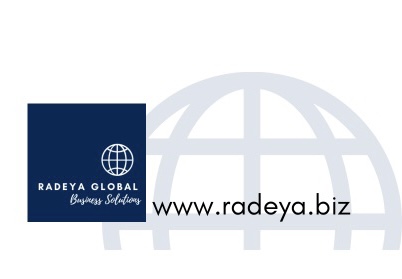It’s important to organize your finances if you want to be successful.
Benefits of financial management include:
- Less stress
- Having funds for important expenses and purchases when needed
- Being debt-free
- Financial independence
There are three aspects to financial management:
- Saving
- Paying off debt
- Planning and Organizing purchases
All are important and may overlap or happen side by side.
Saving
You might start off by putting aside some cash in your rainy day or emergency savings funds. This can be in cash form or a short term investment that can be quickly converted to cash when needed, such as gold, foreign exchange, cryptocurrency, or short term stocks. This is known as a cash equivalent.
There are two reasons for putting money in a cash equivalent form instead of just leaving it in cash form. One is to protect the funds from the effects of inflation or currency depreciation (since cash loses its value over time due to inflation while other forms of wealth tend to retain their value). Another reason for safeguarding funds in a cash equivalent form is to make it less accessible in order to discourage impulse purchases. People tend to reach for cash more quickly but think twice before reaching for the money in a cash equivalent form.
Debt Management
The second aspect of financial management is to become debt-free. Depending on the amount of debt, this can be a quick process or one that takes some time. Your goal should be to gradually pay off personal debt or bad debt* at the earliest possible. Investopedia defines good and bad debt as “Good debt has the potential to increase your wealth, while bad debt costs you money with high interest on purchases for depreciating assets.”
Creating a debt payment plan and making the intent to pay off your debt helps. If your debt incurs interest, make a plan to pay it off first. High interest debt should be paid off first. When making debt payments, always pay off an amount larger than the interest or your minimum required payment to reduce the principal amount. Otherwise, you will be paying interest forever.
Put off any unnecessary purchases (pure wants) and use the money to pay off the debt first. If you have any unnecessary or sparingly used subscriptions, cancel them and use the proceeds toward paying off debt (or invest it in some type of investment).
Organize purchases
Purchases fall into 3 categories:
- Needs
- Wants
- Non-urgent needs
Needs are purchases that have to be fulfilled right away. This includes groceries and bills. Wants are unnecessary purchases. Wants should be put off in favor of debt payment and saving / investment.
Non-urgent needs are needs that can be put off for a while but may turn into an urgent need in the future. Depending on the item, you may decide to buy it now or put it off for a few months. When deciding about this type of spending, consider whether the item will become an urgent purchase at a later time. For example, consider a winter coat or blanket you want to buy. Will the purchase become necessary in a few months? Will the price go up at that time? Will the item be unavailable? Is there a chance you might be forced to buy the item at double the price? If delaying the purchase will create a bigger loss, plan to buy it sooner. However, if the item isn’t an absolute necessity, for example if you can go without it without any negative effects, then put off the sale.
For this reason also it is important to plan purchases so you are not forced to buy things at the last minute and can take advantage of sales and off-season savings.
Use the extra cash to pay off debt or save / invest or both.
By organizing spending and pre-planning purchases, you can create a more secure financial status while avoiding impulse buying.
Written by Kokab Rahman.
Follow Kokab Rahman on LinkedIn, Instagram, Twitter.
© Copyright Radeya Global. May be reproduced as long as the content is unchanged and a link to the original post is provided. Radeya Global Blog may not be reproduced in its entirety.
Get career and business coaching. Email contact@radeya.biz or schedule a strategy call at https://www.calendly.com/kokab/discovery-call to learn more.

